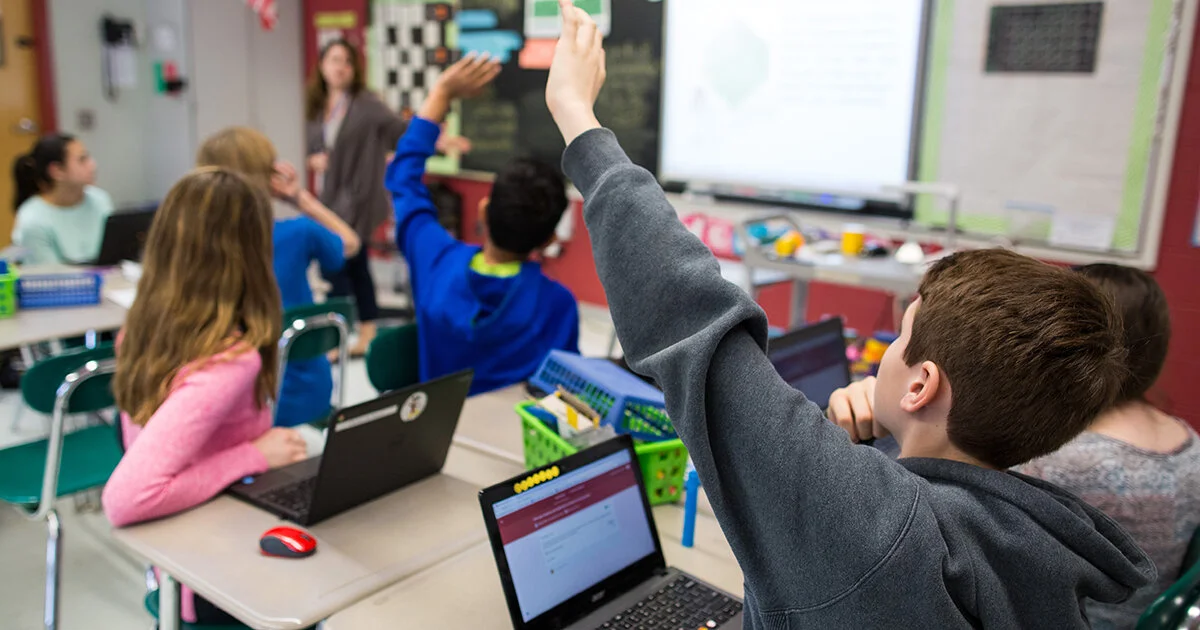The Economic Effect of School Closings
Ahmed Elkhwad ‘23
“School’s out forever” has taken on a whole new meaning over the past few months. The Covid-19 pandemic has led to nationwide, on-and-off, school closures since March. Despite the initial joy of many children at no longer having to attend school, many children now miss the social interaction and the sense of normalcy that preceded the pandemic. Aside from the social and emotional toll that school closures have taken on both children and adults, there’s also a pronounced economic effect as well. Economists fear that extended school closings will have negative economic effects in both the short-run and the long-run.
Some of the short-term effects of school closures are already being seen today. Widespread school closures have forced many parents who cannot afford caretakers for their children to take time off work so that they can care for children at home. Households with just one working adult are the most economically vulnerable to school closings. A study by the Brookings Institute estimates that 20% of projected absentee students live in single worker homes. These households are at risk of having no earned income in the event of long-term school closures. The phenomenon of parents taking time off work to care for their children at home also has an effect on the overall economy as well. Those missed labor hours add up, affecting national output and harming everyone in the process. The Brookings Institute study estimates that a national school closure of two weeks would lower US national GDP by $21.3 Billion, which is equivalent to roughly 0.1% of the US’s 2008 GDP. A twelve week national school closure would lower US GDP by a whopping $127.8 Billion, equivalent to about 0.9% of the US’s 2008 GDP.
Perhaps even more pressing than the short-run economic effects of school closures are the long-run economic effects. Economists are exceedingly worried about a phenomenon known as “learning loss”. The “learning loss” theory states that students lose a certain amount of instructional time over a fixed duration of time in which educational instruction is virtual instead of in-person. The theory operates under the assumption that virtual instruction is not as valuable and effective as in-person instruction is for students. This is due to a variety of factors- such as lack of interaction in a virtual classroom environment, internet difficulties, and many students’ inability to focus as well in a virtual classroom. A study by economists Eric Hanushek and Ludger Woessman analyzed the effects of learning loss on the US economy. The study found that by fall 2021, the average US K-12 student will have suffered a learning loss of about one-third of a year to over half a year. Students who have suffered a learning loss of one-third of a year are estimated to have 3% lower lifetime earnings than they would have had in the absence of learning loss. Overall, the study estimates that school closures will cause a 1.5% loss in future GDP for the US, which would be equivalent to $14.2 Trillion over the next eighty years.
Two common suggestions are put forth by education experts and economists to mitigate learning loss. One suggestion is that learning should be more individualized. Another is that teachers should be used more effectively based on their individual strengths(some teachers might be better with smaller online groups, others with larger online groups, etc.) However, these initiatives will be difficult to implement. Individualizing online education would be costly and may not be very feasible-especially for teachers with very large classes. Using teachers more effectively based on their individual strengths is a difficult proposition to implement because it would require a lengthy observation and experimentation period to figure out which teachers are most effective in which setting.
Sources:
https://www.brookings.edu/wp-content/uploads/2016/06/0930_school_closure_presentation.pdf
https://www.chalkbeat.org/2020/10/6/21504195/covid-schools-learning-loss-projections-nwea-credo
https://psmag.com/education/dont-give-my-kid-an-award-in-school


